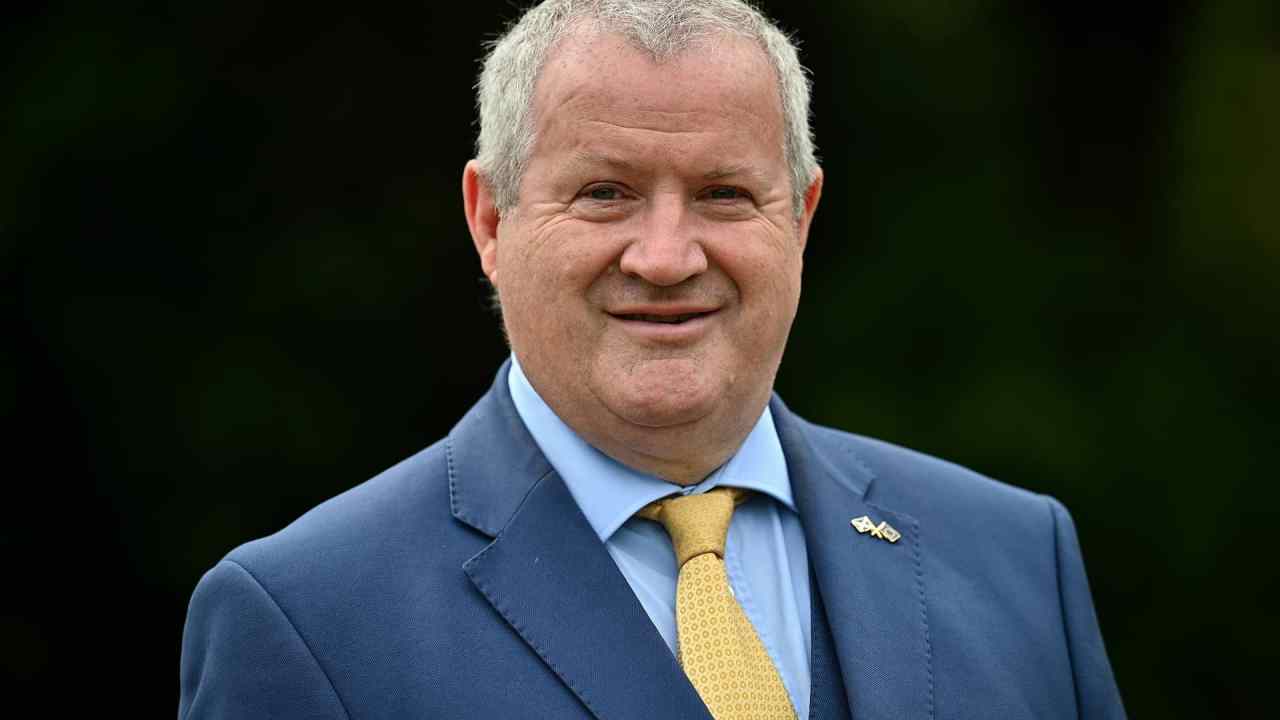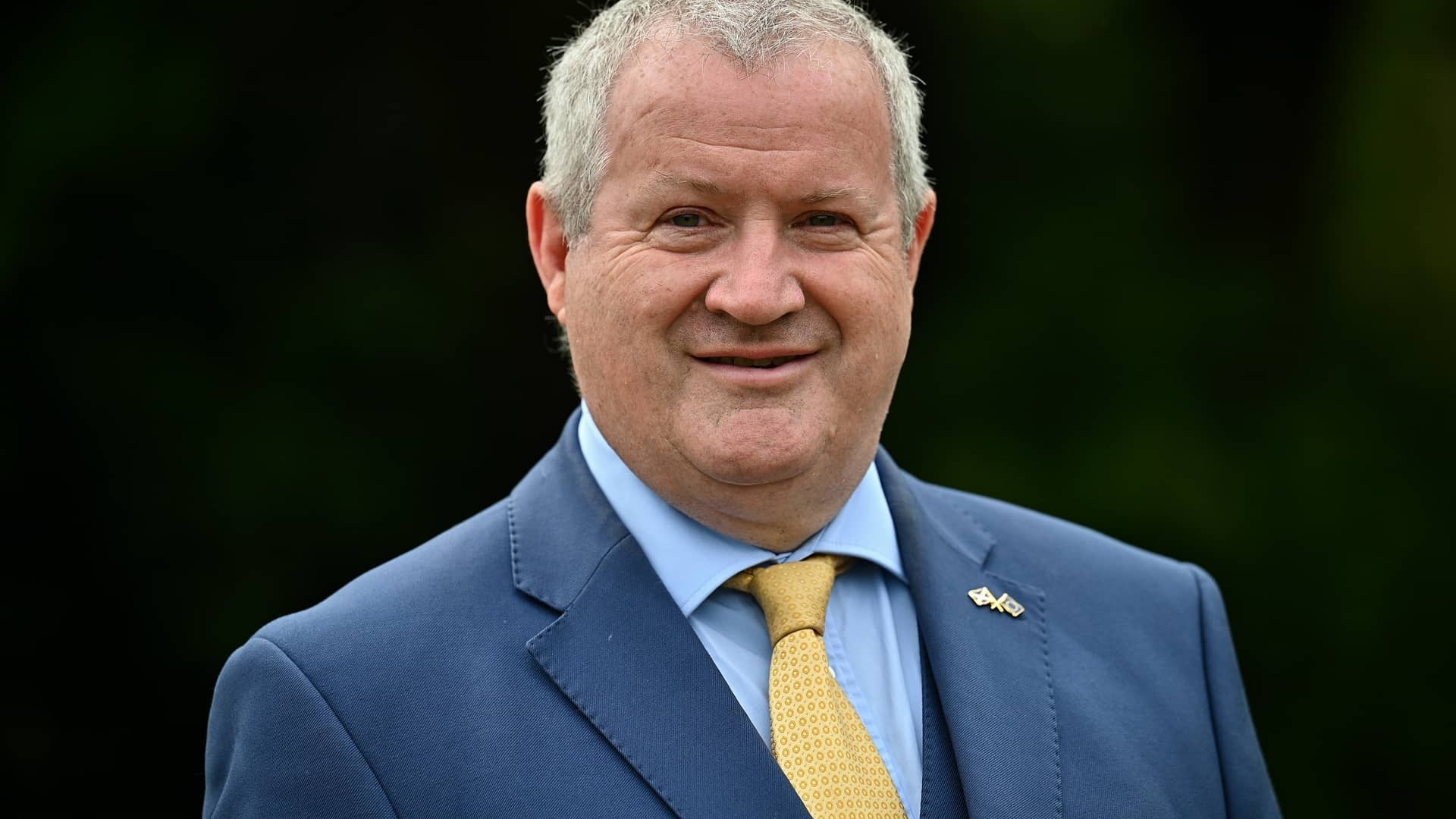Peace reigned at PMQs today. That was the plan, anyway. Both leaders agreed to sheath their weapons and to blunt their sabres in honour of the late Sir David Amess. But one-upmanship started to break through almost immediately. The issue on which they agreed to agree was internet extremism.
Sir Keir Starmer saluted the ‘collaborative spirit’ of the House and cited an instance of violent footage which had ‘stayed online because it didn’t contravene the guidelines.’
Boris promised to strengthen the rules and to make companies accountable for extremist content on their sites.
‘I’m glad he’s taking this new tough line,’ added the PM, hinting that Sir Keir is as squishy as a warm marshmallow on violent crime.
Sir Keir snuck in a dig of his own. He offered to support the Online Safety Bill if Boris would agree to fast-track it through parliament before the end of the year.
While they pretended to compete in virtue, they were desperate to condemn their other side’s wretched standards
Sure thing, said Boris. The collaborative spirit was working its magic.
‘We’re making progress,’ crowed Sir Keir, keen to give the impression that a bungling government was being steered in the right direction by a wise and expert opposition.
Boris retaliated. He casually mentioned that the Tories favour longer sentences for violent criminals… ‘which that party opposed.’
Sir Keir pulled a face like a distressed vicar.
‘Really,’ he tutted, ‘after the week we’ve just had, I don’t want to sense that kind of knockabout.’ He scolded Boris for doing a ‘disservice to those we pay tribute to.’
Boris feigned innocence. He claimed not to be playing party politics, while playing it to the hilt.
‘It would be a fine thing,’ he said, mildly, ‘if [Labour] would withdraw their opposition to the early release of serious offenders.’
Pure humbug – from either side. Both of these artful dodgers had expected to play moral ping-pong today and they arrived with their tactics and their rhetoric prepared. And while they pretended to compete in virtue, they were desperate to condemn their other side’s wretched standards. It was like watching two monks kneeling together in prayer while stealing from each other’s pockets.
Then came a strange U-turn. Sir Keir mentioned that a crackdown on internet extremism would not have saved the life of Jo Cox, MP. As for the motives of Sir David’s killer, these are indeterminable because the suspect has yet to face trial. ‘We don’t know the circumstances of the case,’ said Sir Keir. So why kick up a fuss about online radicalisation if it may not be a significant factor in the protection of MPs? This looked like an attempt to introduce censorship by disguising it as a shrine to the dead.
Ian Blackford got up to speak but his voice was bizarrely muted. A ticklish throat had reduced the volume of his Hebridean foghorn. He bleated as softly as a newborn lamb.
‘The new quiet man of British politics,’ quipped Tory backbencher Anthony Mangnall, ‘long may it continue.’
But Blackford’s pessimistic rhetoric was still operating at full throttle. He set out to fill the house with Thunberg-ian misery, and he said that COP26 is not just ‘the best chance’ to stop the planet from being throttled by industrialisation. It is, he opined, ‘the last chance.’ Seriously? The last chance. So if COP26 is scrapped or delayed for some reason, our extinction is inevitable by Christmas. What a cheery thought.
Boris advised him to ditch the gloom and try being happy.
‘He needs to be seized with an unaccustomed spirit of optimism… keep hope alive!’








Comments